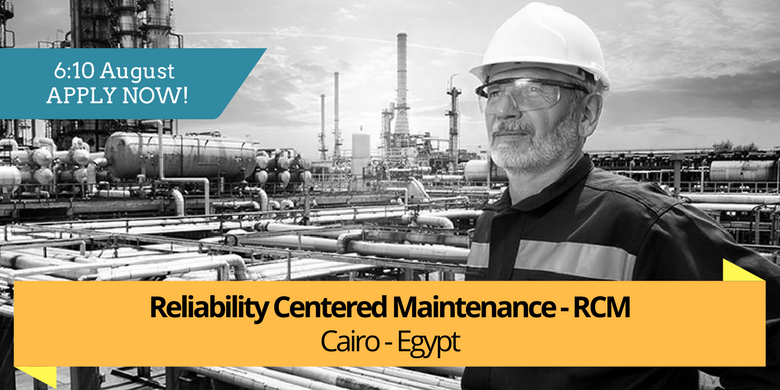Copyrights © RES Global 2025


Reliability-centered maintenance (RCM) is a process to ensure that systems continue to do what their users require in their present operating context. It is generally used to achieve improvements in fields such as the establishment of safe minimum levels of maintenance. Successful implementation of RCM will lead to increase in cost effectiveness, reliability, machine uptime, and a greater understanding of the level of risk that the organization is managing.
The late John Moubray, in his book RCM2 characterized reliability-centered maintenance as a process to establish the safe minimum levels of maintenance. This description echoed statements in the Nowlan and Heap report from United Airlines.
It is defined by the technical standard SAE JA1011, Evaluation Criteria for RCM Processes, which sets out the minimum criteria that any process should meet before it can be called RCM. This starts with the seven questions below, worked through in the order that they are listed:
1. What is the item supposed to do and its associated performance standards?
2. In what ways can it fail to provide the required functions?
3. What are the events that cause each failure?
4. What happens when each failure occurs?
5. In what way does each failure matter?
6. What systematic task can be performed proactively to prevent, or to diminish to a satisfactory degree, the consequences of the failure?
7. What must be done if a suitable preventive task cannot be found?
This course will provide you with a thorough introduction and overview of the theory, principles, practical and managerial application and organisational benefits of Reliability-centred Maintenance (RCM).
Understand RCM theory | Understand RCM Principles | Be conversant with RCM terminology in accordance | Practical Application of RCM (worked examples during the course) | Understanding of the importance of a continuous improvement culture | An awareness of RCM benefits at different levels within an organisation.
An awareness course designed for personnel who will be RCM review group members, and the Managers who are responsible for them and the assets and processes under review. Such personnel include Managers, Operators, Maintenance Technicians, Operations and Maintenance Supervisors, and Experts such as Process Engineers or Rotating Equipment Engineers.
Course Fees; 3000 / 2850* / 2700** EGP (Registration is confirmed only upon payment)
Not in Egypt? No problems, half board hotel ( 6 Nights / 3 or 4 stars hotel ) + Local Ground Transportation + Training, full package fees 1500 $.
Fees include hard copy materials and attendance certificate
Complimentary coffee breaks and Lunch.
Payment should be made maximum one week prior to course starting date by 2 ways;
1 - By vodafone cash ( 3060 EGP ) to 01067385500 or 01064749611.
2 - By bank transfer ( 3000 EGP ) to;
Bank account Number ; 306968
Bank Name: FAISAL ISLAMIC BANK OF EGYPT
Bank Address: (82) Othman bin Affan Street / Heliopolis.
Account Name; RES أر إى إس
Swift Code; FIEGEGCXHEL
* Early Bird Price is offered to all enrolment made one month prior to the course
** Discount is offered to RES Global's clients or for groups of 3 or more.
Upcoming courses
Maintenance Planning & Scheduling Training - Cairo - Fri 4 August - Fridays & Saturdays - Apply NOW!
Maintenance Spare Parts and Materials Management Course - 25 & 26 ِAugust - Apply Now
Root Cause Analysis Training - Cairo - 20 August - Apply NOW!
In-house option is available at any city inside or outside Egypt
Important notes;
Dates are subject to change based on the number of registrants
Check-in Time is, 8:30 a.m. – 9:00 a.m.
Course Duration everyday, 9:00 a.m. – 5:00 p.m.
Please, no audio or video recording.
To register, call +201067385500 or +201064749611 or send an email to;




